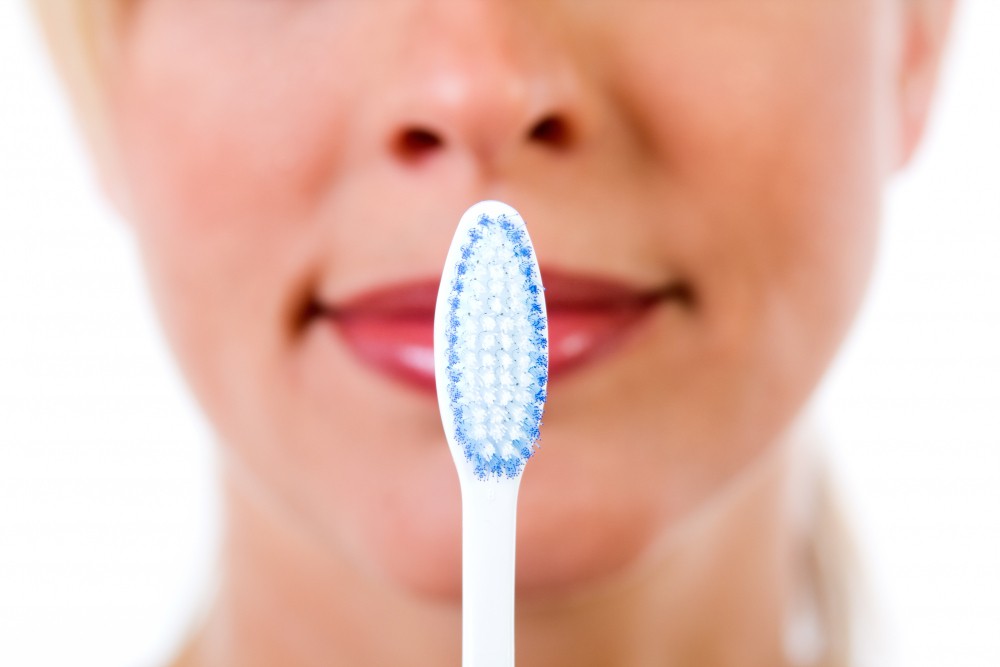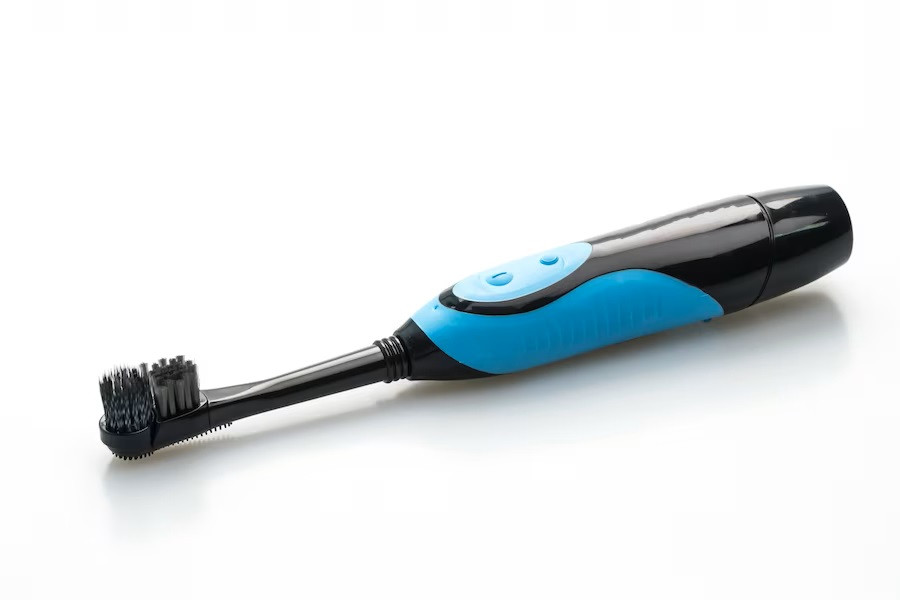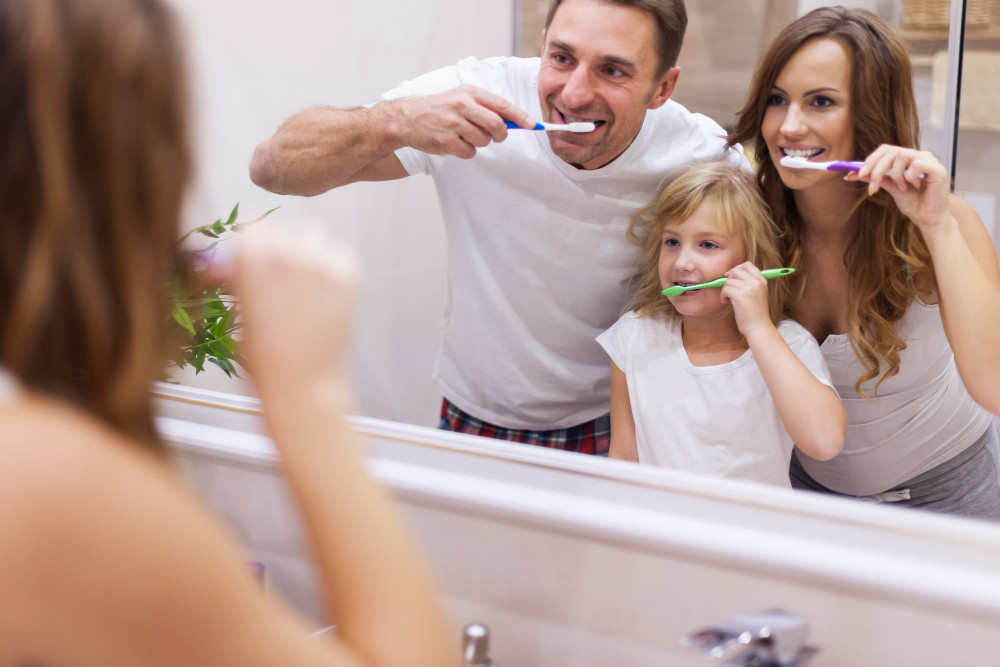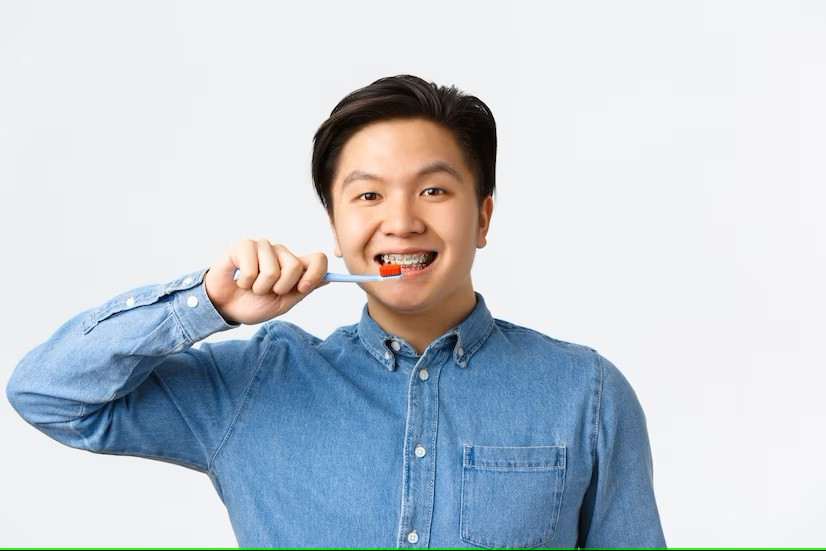Brushing with fluoride-containing toothpaste is an effective way to maintain oral hygiene. However, some people opt for baking soda as a toothpaste substitute. Is it effective to brush your teeth with baking soda? Find out in the following review.
Pros and Cons of Using Baking Soda as Toothpaste
Baking soda, or sodium bicarbonate, is a versatile fine white powder commonly used in households. It can be found in recipes or as a cleaning agent for kitchen and bathroom surfaces.
Baking soda is also known for its health benefits, such as being an alternative to soap, shampoo, and toothpaste. According to Healthline, baking soda can be an effective ingredient for cleaning teeth. However, before making the switch, it's important to understand both the benefits and drawbacks of using baking soda as a toothpaste.
Advantages
- Reducing bacteria. A study reveals that gargling with a mixture of water and baking soda can increase the pH in the mouth and reduce the level of acidity. As a result, the number of bacteria that can cause the smell of the mouth will also decrease.
- Whitening teeth. Baking soda has natural compounds that are effective for removing stains and whitening teeth, hence baking soda also used in several toothpaste. Baking soda has abrasive properties that can erode the dirt that sticks to the teeth.
- Reduce plaque and gingivitis. A biofilm of bacteria forms on the surface of the teeth, leading to issues like gingivitis and cavities. Plaque is an example of this biofilm. Baking soda can help reduce plaque buildup.
- Reduce bacteria. Studies suggest that gargling with a mix of water and baking soda raises the pH in the mouth, reducing acidity. This helps lower the number of bacteria responsible for bad breath.
- Whiten teeth. Baking soda has natural compounds that can effectively remove stains and whiten teeth, which is why it’s used in many commercial toothpastes. Its abrasive qualities help scrub off dirt from tooth surfaces.
Disadvantages
- Unpleasant taste. One downside of using baking soda is its gritty texture and bad taste when mixed with water, which can make brushing less comfortable.
- Abrasive. While its abrasiveness helps clean teeth, using baking soda too frequently can wear down enamel and dentin, leading to teeth appearing more yellow as the enamel erodes.
- Potential for poisoning and digestive issues. Due to its high sodium content, baking soda may cause digestive discomfort, nausea, or even diarrhea if swallowed, posing a risk of poisoning, especially in pregnant women.
How to Use Baking Soda for Toothpaste
To use baking soda as a toothpaste alternative, you'll need:
- Toothbrush
- Small bowl or glass
- Baking soda
- Water
Instructions:
- Mix half a spoonful of baking soda with half a glass or small bowl of water until you get a thick mixture. Avoid using too much baking soda to prevent digestive problems.
- Dip your toothbrush into the mixture.
- Brush your teeth thoroughly.
- Rinse well to remove any leftover baking soda.
Some people add lemon juice or apple cider vinegar to the mixture to boost its cleaning power and enhance flavor, but this method is not recommended as it can damage teeth.
While baking soda can be used as a toothpaste, experts advise against long-term use. It also lacks fluoride, which is vital in protecting teeth from decay.
If you're considering using baking soda as a toothpaste substitute, consult with your dentist first. You can also get expert advice through the Ai Care app, available on the App Store and Play Store.
Looking for more health tips, first aid, or home remedies? Click here!
- dr Nadia Opmalina
Stanborough, R. (2020). What to Know About Brushing Your Teeth with Baking Soda. Available from: https://www.healthline.com/health/baking-soda-toothpaste
Valeii, K. (2022). Does Brushing Teeth With Baking Soda Really Work?. Available from: https://www.verywellhealth.com/brushing-teeth-with-baking-soda-5272553
Frysh, P. (2022). Health and Beauty Uses for Baking Soda. Available from: https://www.webmd.com/beauty/ss/slideshow-beauty-baking-soda-health
Brown. S. (2024). Healthy Mouth: Do These Things Help or Hurt?Healthy Mouth: Do These Things Help or Hurt?. Available from: https://www.webmd.com/oral-health/ss/slideshow-healthy-mouth












